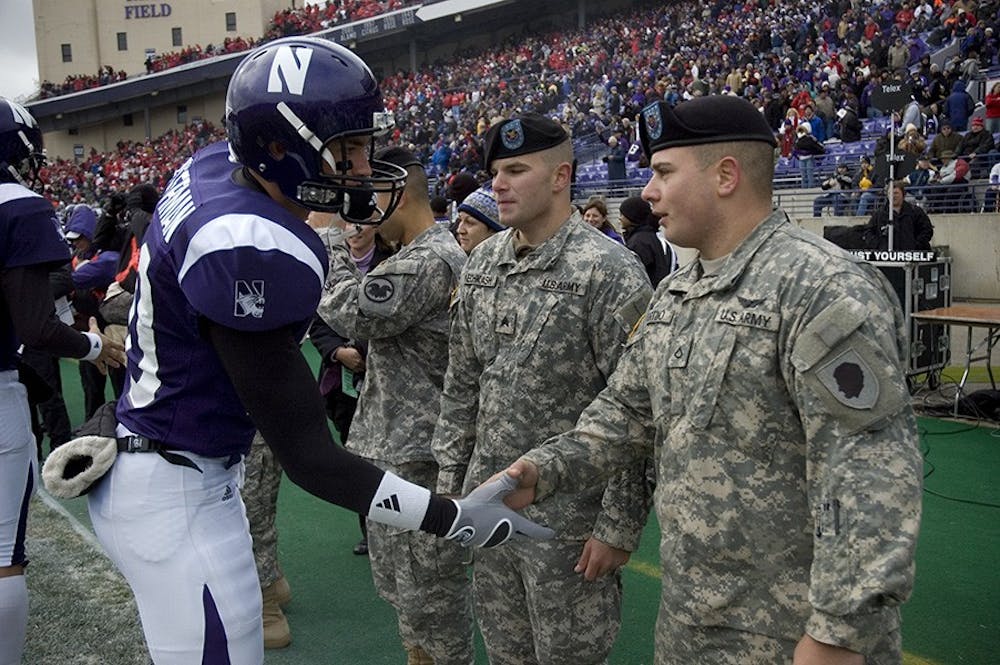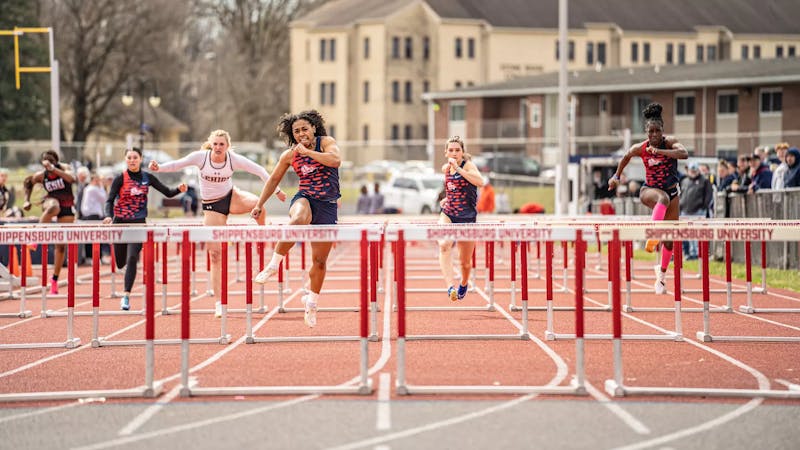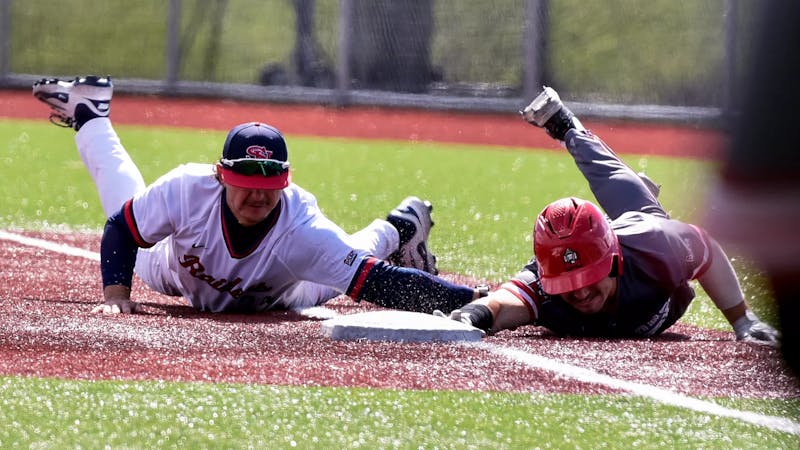The NCAA and its athletes have built an empire in the sports world and that empire continues to grow year after year.
With recruiting and top-level college athletes playing for the top-tier schools in the nation, the NCAA will continue to grow. With this constant growth, the amount of money that the schools make is, for the larger and more popular schools, more than $100 million.
The argument is, whether or not the athletes should be paid or should the focus still be on the academic nature of the NCAA.
Bryan and Ryan will debate whether they think student athletes should get paid for playing sports at large institutions.
Bryan: I think that it is ridiculous that these athletes do not receive payment for their abilities.
There is an article on ESPN.com that lists the revenues that schools made in 2008 and among the top schools are — Alabama University, University of Texas, Ohio State University, University of Tennessee and University of Florida. All of these schools brought in more than $100 million of total revenue.
Upward of a quarter to a half of this money comes from ticket sales alone.
I think that it is safe to say that if these schools did not have quality players to represent them, there would not be as much money made in ticket sales and in advertising for the team.
Not to mention the marketing schools can do based around the star athletes on the roster.
It is a job for these students to focus on schoolwork, travel and play their sport at the top level.
In any other situation, if an individual were to devote as much time to something as an NCAA athlete and not receive any payment in return, it would be thought of as ridiculous. But because the NCAA says it should be academics first, it makes it OK not to pay these athletes.
I think that a school like Alabama, which brought in revenue of $123 million in 2008 and a school like Texas that brought in $163 million in 2013 can pay its athletes for the work they do in branding the school name and keeping the programs alive.
Ryan: Bryan, you present a lot of valid points in your argument but when these athletes declare to attend a top-notch school that creates as much money as it does they need to understand they are going to get an education.
I would be lying if I said all athletes go to college solely to get an education because everyone knows that is not true. A lot of athletes go because they want to make the pros in their respective sports.
Athletes are not seeing direct checks given to them, but an aspect they are forgetting is when they receive scholarships it is the next best thing.
If you are an athlete on a big sports team and get a full-ride scholarship and do not make the pros but graduate, you have zero college loans to worry about. That alone should be enough to drive kids to participate in sports without pay.
I understand they put in a crazy amount of time and effort to their sports, but if you love the sport you play, it is not a burden — it is something you should embrace.
The biggest factor that might change the entire argument is the fact that the Northwestern University football players are now allowed to unionize. This can act as a potential gateway for other athletes to do the same.
The topic is a tricky one because ever since college sports began athletes have not been paid. With the recent actions of the NU football players it looks like there is room for change.
Time will only tell if something will come of it.




The Slate welcomes thoughtful discussion on all of our stories, but please keep comments civil and on-topic. Read our full guidelines here.